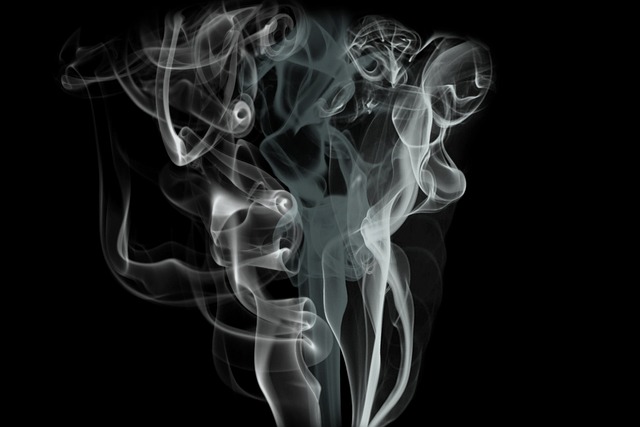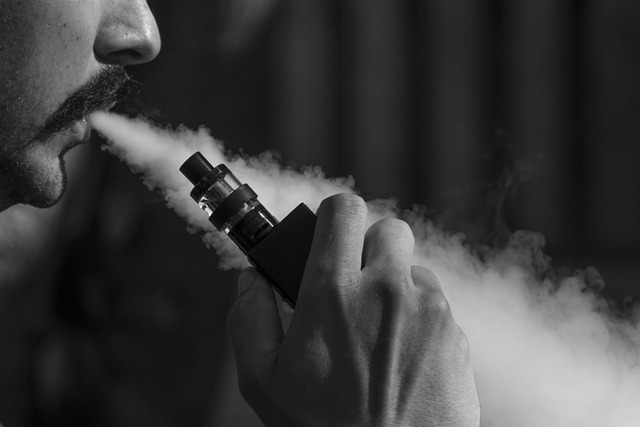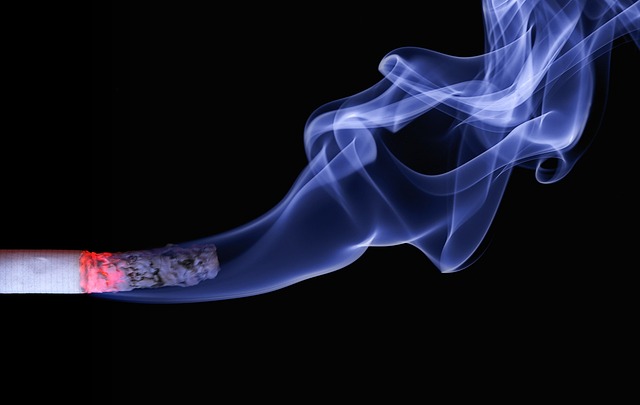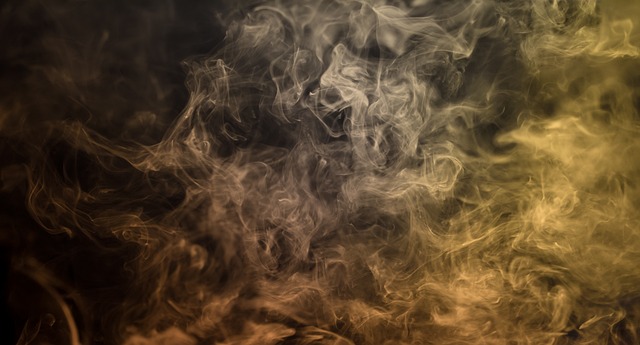When Can You Smoke After Wisdom Teeth? Get Informed
Are you one of the many people who have recently had their wisdom teeth removed? If so, you may be wondering when you can safely resume smoking. It’s important to be well-informed about this matter to ensure a smooth and successful recovery. In this article, we will provide you with all the essential information you need to know about smoking after wisdom teeth extraction. Whether you’re a seasoned smoker or simply looking for guidance for a friend or family member, we’ve got you covered. So, let’s delve into the facts and get you informed about the ideal time to light up again!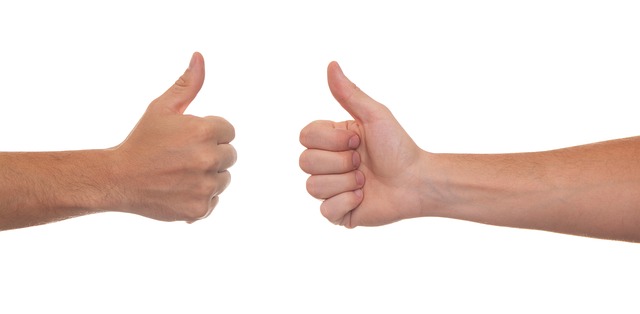
1. Understanding the Healing Process: When Can You Smoke After Wisdom Teeth Extraction?
After undergoing wisdom teeth extraction, it is crucial to understand the healing process and follow the necessary precautions to ensure a smooth recovery. One common question that arises is when it is safe to smoke again after the procedure. Smoking can significantly hinder the healing process and lead to complications, so it is important to wait for the appropriate time before resuming this habit.
Typically, it is recommended to refrain from smoking for at least 72 hours following wisdom teeth extraction. This waiting period allows the blood clot to form and promotes proper healing. Smoking during this critical phase can disrupt the clot formation, leading to a condition known as dry socket, which can be extremely painful and delay the healing process. It is essential to be patient and prioritize your oral health by avoiding smoking until you have fully recovered.
- During the healing process, it is advised to avoid smoking cigarettes, pipes, cigars, or any other tobacco products.
- Electronic cigarettes and vape pens should also be avoided, as they can still introduce harmful chemicals to the extraction site.
- Secondhand smoke should also be avoided, as it can irritate the surgical area and delay healing.
Moreover, it is important to note that smoking can have long-term negative effects on oral health, such as gum disease, tooth discoloration, and even oral cancer. Taking this opportunity to quit smoking altogether or reduce your smoking habit can greatly benefit your overall well-being. If you have any concerns or questions regarding smoking after wisdom teeth extraction, it is best to consult with your oral surgeon or dentist for personalized advice.
- Wait at least 72 hours before smoking after wisdom teeth extraction.
- Avoid all forms of smoking, including cigarettes, pipes, cigars, electronic cigarettes, and vape pens.
- Steer clear of secondhand smoke to prevent irritation and delay healing.
- Consider quitting smoking or reducing your habit for long-term oral health benefits.
- Consult with your oral surgeon or dentist for personalized guidance.

2. The Importance of Patience: Waiting for the Right Time to Smoke After Wisdom Teeth Removal
After undergoing wisdom teeth removal, it is crucial to exercise patience and wait for the right time to resume smoking. Ignoring this advice can lead to complications and hinder the healing process. Here’s why patience is essential:
1. Prevents Dry Socket: One of the most common complications after wisdom teeth extraction is a condition called dry socket. This occurs when the blood clot that forms in the extraction site becomes dislodged or dissolves too soon. Smoking can create suction in the mouth, which increases the risk of dislodging the clot and exposing the underlying bone and nerves. By patiently waiting for the right time to smoke, you significantly reduce the chances of developing this painful condition.
2. Promotes Faster Healing: Smoking hampers the healing process by constricting blood vessels and reducing blood flow to the surgical site. Nicotine and other chemicals in cigarettes can also interfere with the body’s ability to repair itself. By abstaining from smoking for the recommended period of time, you allow proper blood circulation and oxygenation to the surgical area, promoting faster healing and minimizing the risk of complications.

3. Unveiling the Risks: Why Smoking Can Delay the Healing of Wisdom Teeth Extraction
Smoking is a habit that poses numerous risks to our health, and its detrimental effects extend beyond the respiratory system. Surprisingly, smoking can also delay the healing process after wisdom teeth extraction, which is an already delicate procedure. Here, we will explore the reasons why smoking hinders the recovery of this common oral surgery.
1. Impaired blood flow: Smoking restricts blood vessels and reduces the amount of oxygen reaching the surgical site. Oxygen is vital for tissue healing, and decreased levels can impede the formation of new blood vessels necessary for proper wound healing.
2. Increased risk of infection: Smoking weakens the immune system, making it more susceptible to infections. After wisdom teeth extraction, the empty sockets are at risk of infection as they are exposed to bacteria in the mouth. Smoking further exacerbates this risk, as the toxins in cigarettes impair the body’s ability to fight off infections.
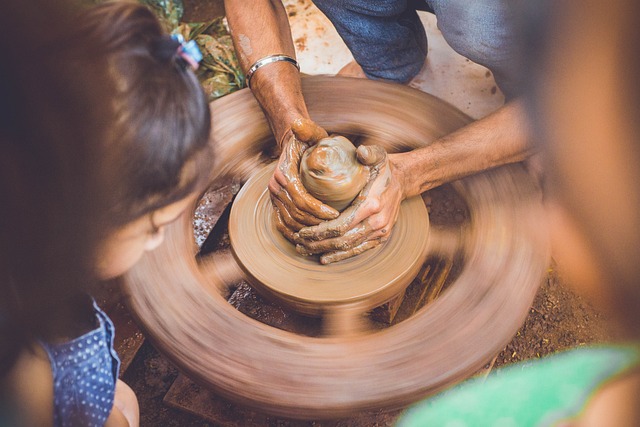
4. Expert Recommendations: When to Safely Resume Smoking After Wisdom Teeth Surgery
After undergoing wisdom teeth surgery, it is crucial to allow your mouth to properly heal before considering the resumption of smoking. While each individual’s healing process may vary, it is generally recommended to wait at least 48 to 72 hours before attempting to smoke again. This timeframe allows for the initial stages of healing to take place and reduces the risk of complications or delayed healing.
It is important to note that smoking can have detrimental effects on the healing process, as the act of smoking introduces harmful chemicals into the mouth and may disrupt blood flow to the surgical sites. As a result, it is advisable to abstain from smoking for as long as possible after wisdom teeth surgery. However, if you are unable to completely refrain, it is recommended to follow these expert recommendations:
- Avoid smoking for the first 48 to 72 hours after surgery to minimize the risk of complications.
- If you must smoke, consider using alternative methods such as nicotine patches or gum to satisfy your cravings without directly exposing your surgical sites to smoke.
- Ensure proper oral hygiene by gently rinsing your mouth with a saltwater solution after smoking to reduce the harmful effects of tobacco.
- Consult with your oral surgeon or dentist for personalized recommendations based on your specific healing progress and needs.
Remember, the healing process after wisdom teeth surgery is crucial for your overall oral health and well-being. By following these expert recommendations and allowing ample time for recovery, you can ensure a smoother healing journey and minimize the potential risks associated with smoking after surgery.

5. Promoting Optimal Healing: Tips for a Smooth Recovery and Smoking After Wisdom Teeth Extraction
After getting your wisdom teeth extracted, it is crucial to promote optimal healing for a smooth recovery. Following these tips will help you navigate the healing process and minimize any potential complications:
- Take prescribed medications: Your dentist or oral surgeon may prescribe painkillers and antibiotics to prevent infection. Be sure to follow the dosage instructions and complete the full course of medication.
- Apply ice packs: Swelling is a common side effect after wisdom teeth extraction. Applying ice packs to the affected area for 15 minutes at a time can help reduce swelling and discomfort. Remember to use a cloth or towel as a barrier between the ice pack and your skin.
- Keep the extraction site clean: Gently rinse your mouth with warm saltwater after 24 hours to keep the extraction site clean. Avoid using any mouthwash or hydrogen peroxide-based rinses, as they may interfere with the healing process.
- Eat soft, nutritious foods: Stick to a diet of soft foods for the first few days after the procedure. Foods like yogurt, mashed potatoes, and smoothies are easy to consume and won’t put excessive strain on the extraction site.
Now, let’s discuss the impact of smoking on your recovery process. Smoking after wisdom teeth extraction can significantly hinder the healing process and increase the risk of complications. Here’s why:
- Delayed healing: Smoking impairs blood flow and decreases oxygen levels in the body, which are essential for proper wound healing. This can lead to a delay in the healing process and increase the risk of infection.
- Increased pain and swelling: The heat and chemicals in cigarettes can irritate the extraction site, causing increased pain and swelling. Smoking also constricts blood vessels, making it harder for the body to repair damaged tissues.
- Greater risk of dry socket: Dry socket is a painful condition that occurs when the blood clot that forms after extraction becomes dislodged or dissolves prematurely. Smokers are at a higher risk of developing dry socket, which can lead to severe pain and delayed healing.
It is strongly recommended to avoid smoking for at least 72 hours after wisdom teeth extraction, if not longer. By following these tips and abstaining from smoking, you can promote optimal healing and ensure a smooth recovery from your wisdom teeth extraction.
6. Alternatives and Precautions: Exploring Smokeless Options During the Recovery Period
During the recovery period, it is important to explore smokeless options as alternatives to traditional smoking. These options not only help individuals steer clear of harmful smoke but also contribute to a healthier lifestyle. Here are a few smokeless alternatives and precautions to consider:
Electronic cigarettes (e-cigarettes): These devices provide an alternative to smoking by vaporizing a liquid that usually contains nicotine. Although e-cigarettes may still contain some harmful chemicals, they generally produce fewer toxins and are considered less harmful than traditional cigarettes. However, it is crucial to choose reputable brands and avoid using e-cigarettes if you are not already a smoker.
Nicotine gum and patches: Nicotine replacement therapy (NRT) products, such as gum and patches, can help individuals gradually reduce their nicotine intake and overcome withdrawal symptoms. These options are widely available and can be used as a temporary aid during the recovery period. However, it is important to follow the recommended dosage and seek professional advice if necessary.
7. Final Thoughts: Prioritizing Your Well-being by Making Informed Decisions about Smoking After Wisdom Teeth Removal
After wisdom teeth removal, it is crucial to prioritize your well-being by making informed decisions about smoking. Smoking can significantly hinder the healing process and increase the risk of complications. Therefore, it is essential to understand the impact smoking can have on your recovery and take necessary precautions.
Here are some key points to consider:
- Delayed Healing: Smoking impairs blood flow and reduces oxygen levels, which can delay the healing process. This can lead to prolonged pain, swelling, and an increased risk of infection.
- Dry Socket: One of the most common complications after wisdom teeth removal is dry socket, where the blood clot that forms in the extraction site becomes dislodged or dissolves. Smoking can increase the chances of developing dry socket, causing intense pain and requiring additional treatment.
- Infection Risk: Smoking weakens the immune system and makes you more susceptible to infections. After wisdom teeth removal, the extraction sites are vulnerable, and smoking increases the risk of infection by introducing harmful bacteria and toxins.
Considering these risks, it is highly recommended to avoid smoking after wisdom teeth removal. If you are a smoker, it is an excellent opportunity to consider quitting altogether or at least abstain during the recovery period. By making this informed decision, you can prioritize your well-being and ensure a smoother and faster recovery.
Frequently Asked Questions
Q: When can you smoke after getting your wisdom teeth removed?
A: It is best to avoid smoking for at least 72 hours after having your wisdom teeth removed.
Q: Why is it important to wait before smoking after wisdom teeth removal?
A: Smoking can hinder the healing process and increase the risk of complications such as dry socket. Waiting allows the wounds to heal properly, reducing the chances of complications.
Q: What is dry socket and why is it a concern?
A: Dry socket is a condition that occurs when the blood clot that forms after tooth extraction becomes dislodged or dissolves prematurely. It can be extremely painful and delay the healing process.
Q: How does smoking affect the healing process?
A: Smoking introduces harmful chemicals into the mouth, impairs blood flow, and reduces oxygen supply to the surgical site. These factors can slow down the healing process and increase the risk of infection.
Q: Are there any alternatives to smoking during the recovery period?
A: Yes, there are several alternatives to smoking that can help satisfy the urge without compromising the healing process. Chewing nicotine gum or using nicotine patches are popular options.
Q: How long should one wait before smoking if they cannot completely avoid it?
A: If you cannot completely avoid smoking, it is recommended to wait at least 72 hours after the procedure before smoking. However, it is always best to consult with your dentist or oral surgeon for personalized advice.
Q: Can smoking after wisdom teeth removal cause any long-term complications?
A: While the immediate concern is the risk of dry socket and delayed healing, smoking after wisdom teeth removal can have long-term effects on oral health. It is associated with a higher risk of periodontal disease, tooth decay, and oral cancer.
Q: Are there any other activities to avoid after wisdom teeth removal?
A: In addition to smoking, it is also advisable to avoid using straws, drinking alcohol, or consuming hot beverages for the first few days after the procedure. These activities can all increase the risk of complications.
Q: How can one manage nicotine cravings during the recovery period?
A: Managing nicotine cravings can be challenging, but it is important for a smooth healing process. Using nicotine replacement therapy, engaging in distractions such as hobbies or exercise, and seeking support from friends and family can all be helpful strategies.
Q: What should you do if you experience severe pain or complications after smoking post-wisdom teeth removal?
A: If you experience severe pain, bleeding, swelling, or any other concerning symptoms after smoking, it is crucial to contact your dentist or oral surgeon immediately. They will be able to assess the situation and provide appropriate guidance.
To Conclude
In conclusion, being informed about when you can smoke after wisdom teeth extraction is crucial for a smooth and successful recovery. Remember these key takeaways:
1. Patience is key: Wait at least 48 to 72 hours before smoking to allow for proper healing and minimize complications.
2. Avoid dry sockets: Smoking poses a significant risk of developing dry sockets, a painful condition that can delay your recovery. It’s best to abstain from smoking for as long as possible.
3. Opt for alternative methods: Consider using nicotine patches, gum, or other nicotine replacement therapies to satisfy your cravings during the healing process.
4. Consult your dentist or oral surgeon: Every case is unique, and it’s important to follow the specific instructions given by your dental professional. They can provide personalized advice based on your individual condition.
5. Prioritize your oral health: Remember that smoking can have long-term detrimental effects on your oral health, including increased risk of gum disease, tooth decay, and oral cancer. Use this opportunity to consider quitting smoking altogether for the benefit of your overall well-being.
By staying informed and making the right choices, you can ensure a smooth recovery after wisdom teeth extraction while maintaining good oral health in the long run.
